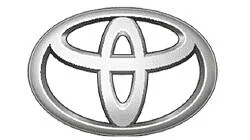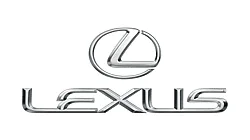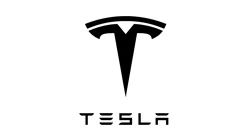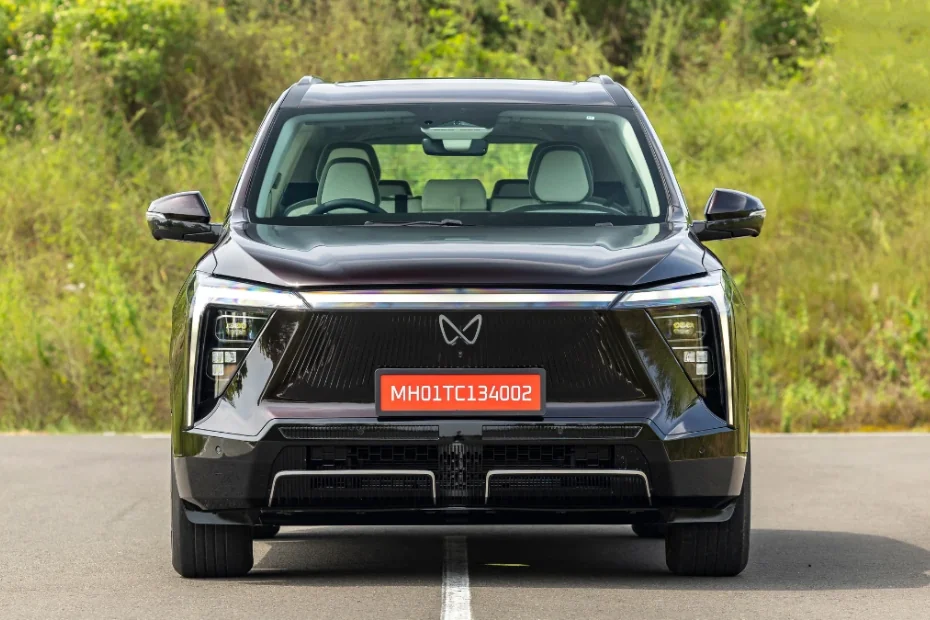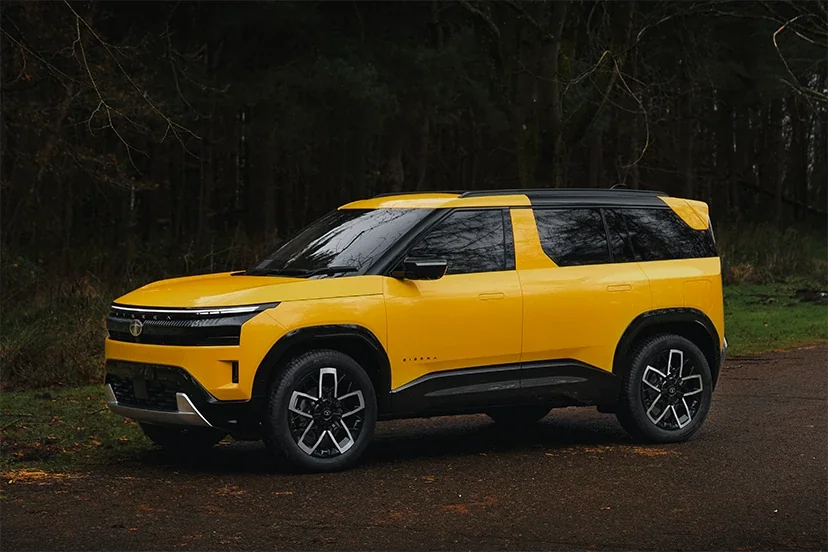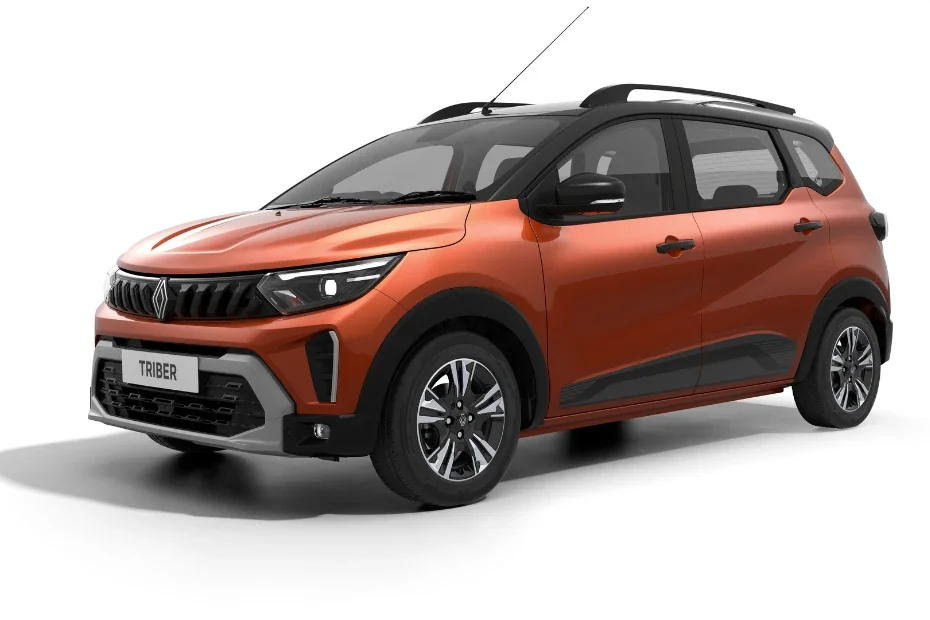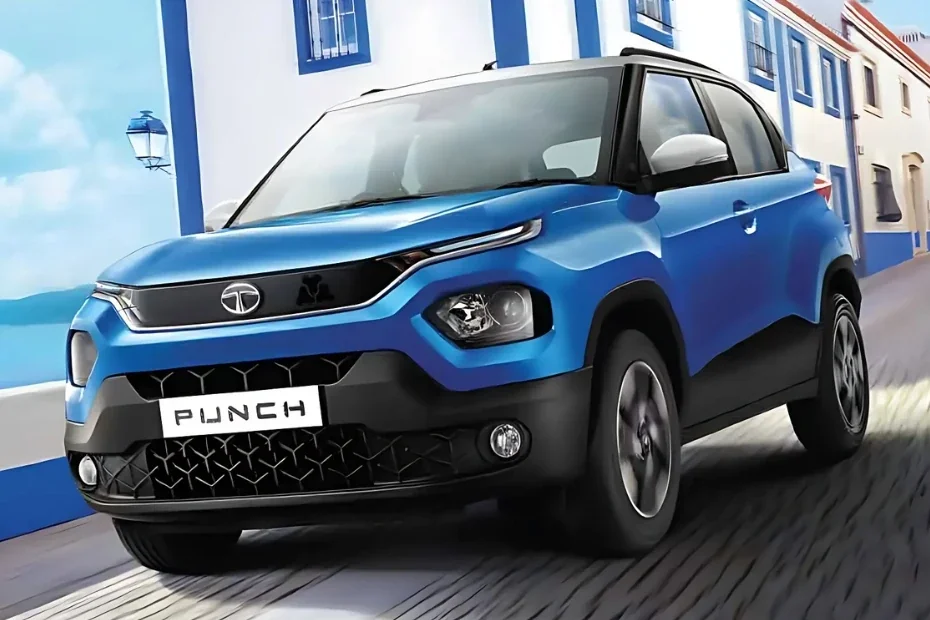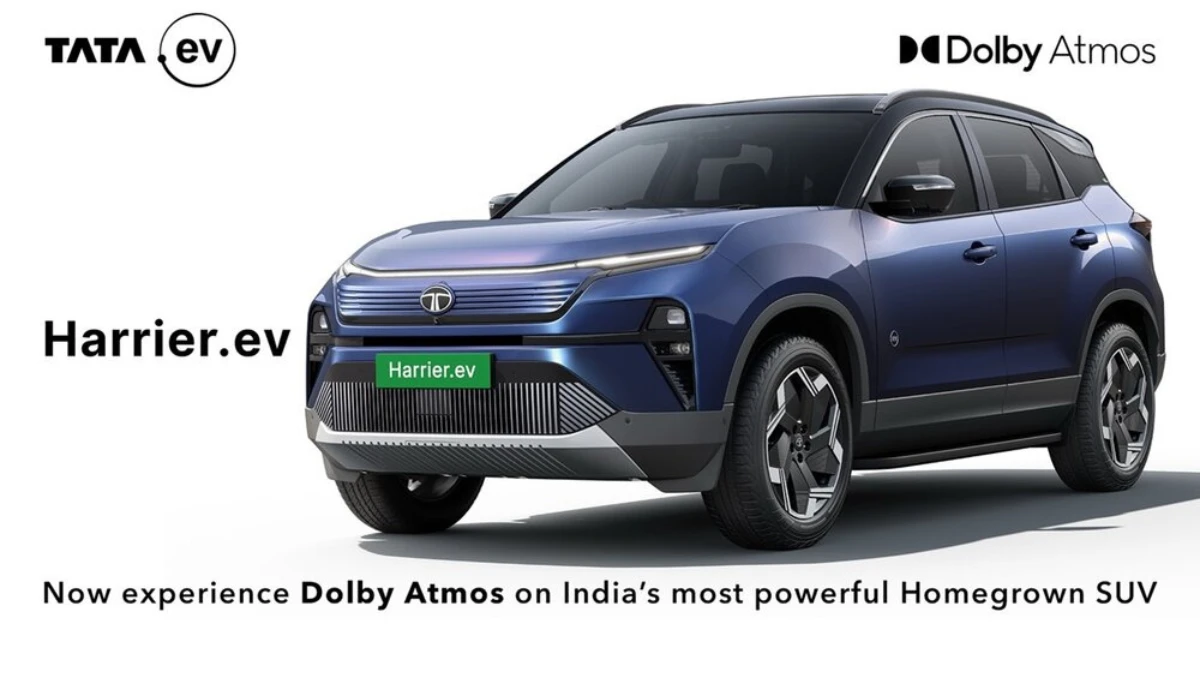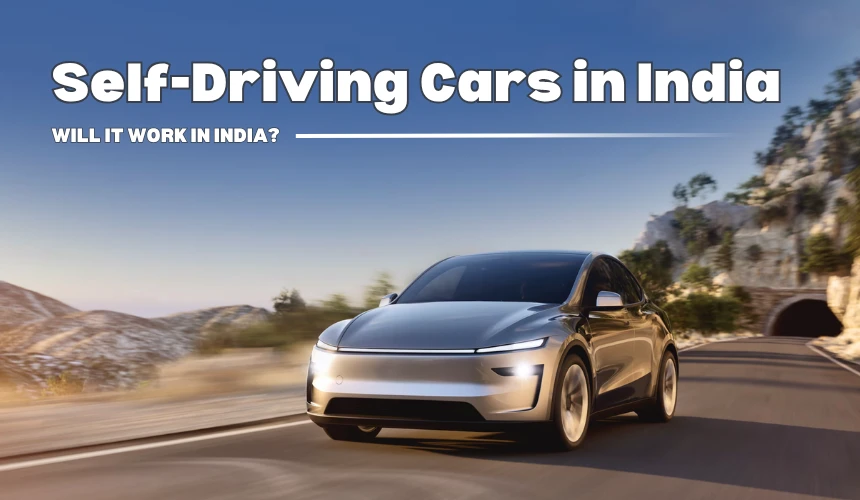Hybrid Car Vs Electric Car Explained - Making the Right Choice

The comparison of a Hybrid versus an Electric Car in a world preoccupied with environmental concerns has grown out to be a matter of immense consequence for many prospective car buyers. Both have different advantages and meet various needs. Hence, one must realize exactly how both are different from one another to be able to make the right choice.
Powertrain and Fuel Efficiency

The major difference between a hybrid and an electric-powered car is their powertrain. Hybrid Cars have a conventional gasoline internal combustion engine and an electric motor, which may work separately or simultaneously. It gives them much better mileage compared to other cars that run solely on petrol. Hybrid cars are generally able to achieve higher MPG ratings, therefore saving more fuel when used for daily commutes or other long drives.
On the other hand, electric cars only have an electric motor and a rechargeable battery pack. No form of fossil fuel is used, that’s why they are relatively more environment friendly. Electric cars have very high energy efficiency, thereby giving them the ability to cover longer distances with the available energy compared to their hybrid counterparts.
Range and Charging

When we talk about range and charging, that one gets from a hybrid on a single tank of fuel or an electric car on a single charge. The ranges of hybrid cars are usually longer compared to those of electric vehicles since they are equipped with internal combustion engines to complement their electric motors when the battery runs out of power. Therefore, it gives them a better option for long-distance travel or for users who cannot easily access charging facilities.
Electric vehicles provide a limited range that is largely determined by the size and capacity of the battery pack onboard. With huge strides already made in driving ranges, current electric cars are probably better suited to shorter commutes or urban driving, where charging infrastructure is more readily available.
Read Also: Highway Capable Best Long-Range Electric Cars in India
Refuelling
Refuelling for a hybrid vehicle is much the same as for any conventional car-powered machine, just fill up at the gas station. It's quick and easy, making it all the more familiar to people who are used to traditional refuelling.
Electric vehicles, however, require another type of "refuelling." The thing is, they need to be charged, either at home with no more than a regular electrical outlet or anywhere else at a charging station. This may take several hours with the type of charger used and the capacity of the vehicle's battery. This could be a consideration for people who do not have easy access to charging facilities or those who cover long distances regularly.
Cost and Maintenance

While the up-front cost of a hybrid car might be less than an electric car. It has mature technology and the vehicles are also more pervasively available. From a perspective of the long-term cost of ownership in terms of fuel saving and reduced maintenance, it can favor an electric car, since it has fewer moving parts and requires less maintenance.
Electric cars have the added advantage of numerous government incentives and tax credits, on the other hand, electric cars are a little expensive to purchase, compared to gasoline cars. Additionally, the cost of electricity with that of gasoline is relatively cheaper, hence providing electric car owners with long-term savings.
Effects on the Environment
One major advantage of most hybrid cars and electric vehicles is ecological, reduced impact on the environment compared with most gas-powered cars. Hybrid cars emit fewer greenhouse gases and pollutants, while electric cars generate zero direct emissions, thus being more environmentally friendly.
It becomes equally important to note, however, that the actual impact of electric cars on the environment also depends on how their power supply is generated. In those areas where the grid powering electrical energy is powered by renewable energy such as solar or wind, then the benefit to the environment from electric cars bites.
Conclusion
The hybrid and the electric car will have to be chosen based on individual needs, driving habits, and personal preferences. Both have certain advantages and would work best for different kinds of people. Consider factors like range, charging, cost, environmental impact, whatever it is that would determine which option works best for you. The final decision should be based on a keen evaluation of your specific requirements and the available options in the market.
Read Also: List of Cheapest Electric Cars in India 2024
About Author
Kritika Dadhich, a skilled writer who seamlessly juggles her roles as a blogger and poet. With a deep love for cars and a talent for storytelling, she brings fresh insights and captivating narratives. Join her on an exciting journey through the world of automobiles.
Top Car Brands in India
Top Car Brands in India
Trending Car News in India
Trending Cars in India
Trusted Dealer
All Over India
Irresistible Offers
Stay Updated, Pay Less
Compare Cars
Choose the Right Car
Easy Finance
Multiple Finance Options

Monday - Saturday
10:00am - 6:30pm
+91 7947722777, +91 7479000444, +91 9311718549
contact@carlelo.com









